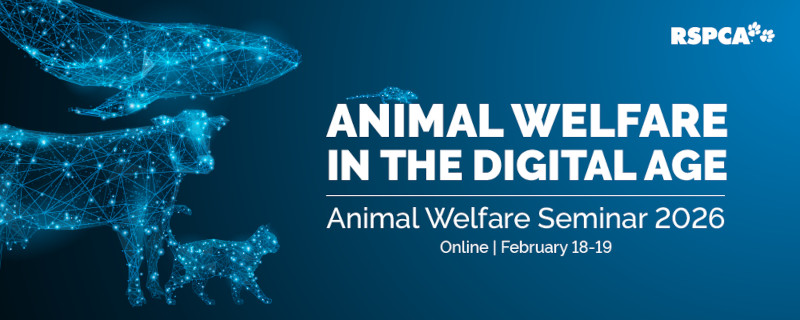Calving induction involves administering a drug to dairy cows to stimulate calving before full term. Some dairy farmers do this to coordinate calving for the herd to ‘come into milk’ over a set period of time.
The RSPCA is opposed to the use of induced calving as a management practice to manipulate milk production in a dairy herd as it causes significant adverse welfare problems for both cow and calf. In particular, induced calving increases the risk of weak calves, which are inevitably disposed of at birth.
The only way a cow will provide milk, is for her to have a calf. If a pregnant cow’s due date falls outside the desired time for calving, the dairy farmer may decide to induce the calf, causing it to be born prematurely. Cows will then return to close-to-normal production and fertility in the next mating season and their calves will be born within the desired calving span. Induction mimics natural calving and is done by injecting the cow with a corticosteroid hormone which stimulates final udder development and prepares the reproductive tract for birth. Induced cows will calve between eight to fourteen days later. There are, however, problems with the technique of calving induction:
- Calf death – calves born dead or having to be killed because they are not viable.
- Method of euthanasia – a blow to the head is often used to kill unviable calves.
- Maternal death – death of the cow as a result of infection due to retained foetal membrane.
- Retained foetal membrane – the foetal membrane is not expelled after birth.
- Mastitis – increased risk of udder infection
- Calving difficulty – smaller calves may not be positioned correctly at calving.
- Photosensitisation – increased sensitivity to ultraviolet light causing sunburn on the cow’s teats.
Calving induction is not necessary, as farmers can improve herd fertility using improved genetics and other management strategies. Fortunately, it is not a common practice but should not be permitted except under veterinary advice, where the health of the individual cow or calf is at risk. The RSPCA commends the Australian dairy industry for committing to phase out routine calving induction by 1 January 2022.

